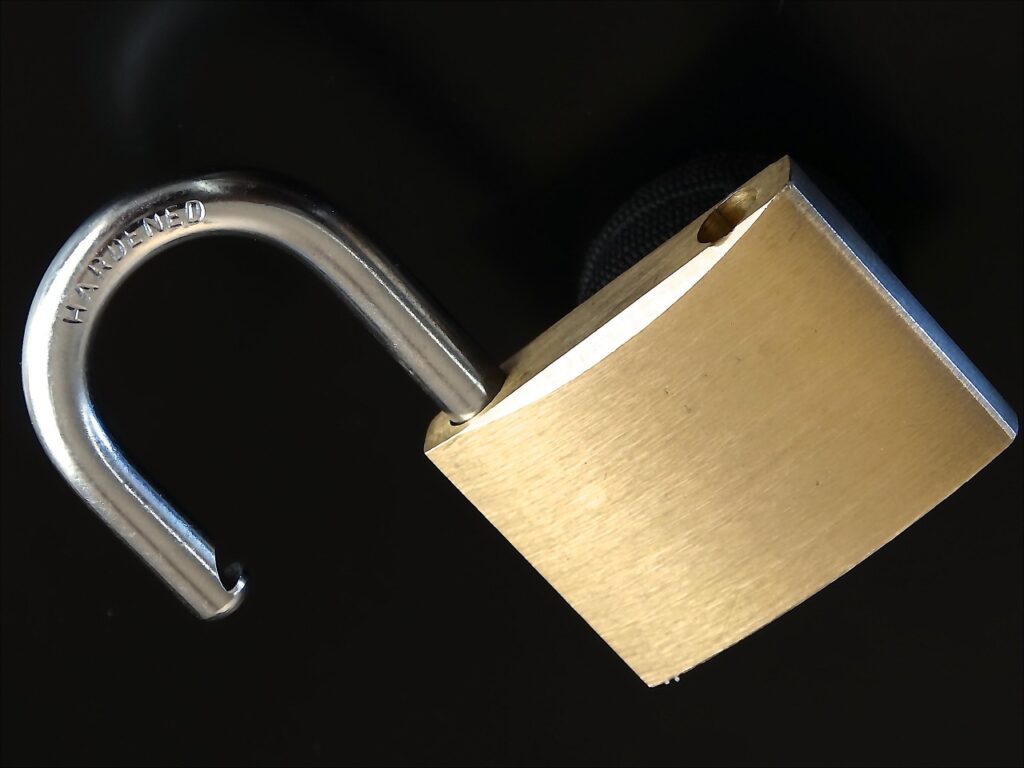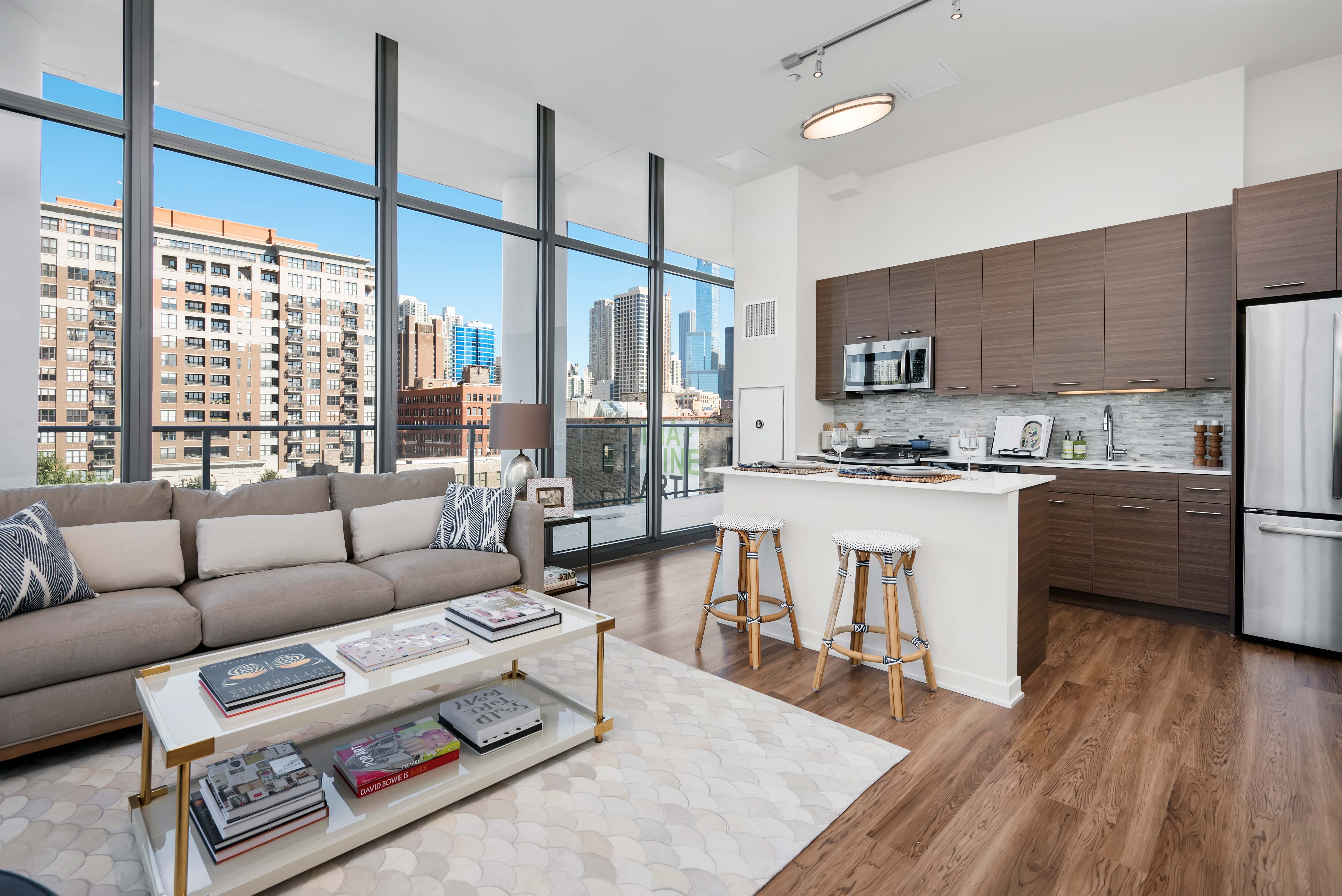
Living the apartment life? It’s a fantastic ride, isn’t it? You get the buzz of community, shared amenities, and often, a prime location. But let’s be real, while apartment living can be a delightful experience, it also comes with its unique set of challenges. One of the biggest hurdles many residents face is maintaining harmonious relationships with the folks living just a wall or a floor away. From unexpected late-night drum solos to laundry room dramas, the close proximity means our habits, good and not-so-good, are often on full display.
Ever wondered if you’re accidentally contributing to someone else’s daily frustrations? Are you *that* neighbor? You know, the one who unintentionally causes a little eye-roll or a sigh behind closed doors? This article isn’t here to judge, but to playfully unmask some of the most common apartment “no-nos” that can unintentionally rub your neighbors and even your landlord the wrong way. We’re diving deep into the unwritten rules and behaviors that truly promote harmony and respect among residents in close proximity.
So, buckle up! We’re about to embark on a fun, insightful journey to discover the essential practices that will make you the neighbor everyone genuinely appreciates. By understanding these key areas of apartment etiquette – from managing noise levels to sharing communal spaces – you’ll not only enhance your own living experience but also contribute to a peaceful, positive environment for everyone. Let’s make sure you’re rocking that “good neighbor” badge with pride!

1. **The Loud Life: Ignoring Noise Levels**Ah, noise. It’s truly the superstar of apartment conflicts, isn’t it? Whether it’s the thumping bass from a late-night party, the endless barking of a furry friend, or even just the everyday symphony of footsteps on a hard floor, being mindful of your sound levels is absolutely essential. Most apartment complexes, as you might know, have designated “quiet hours,” typically during the night, when everyone’s expected to keep the decibels to a minimum. Ignoring these times can quickly turn a friendly neighbor into a not-so-friendly one.
But it’s not just about the parties! Even daily activities can become a source of unintentional irritation. If you’re living in a unit with those sleek, hard floors, consider rolling out some rugs or carpets. Seriously, these simple additions can work wonders, significantly reducing sound transmission between floors. This small investment can prevent your downstairs neighbor from feeling like they’re living under a stampede, making for a much more peaceful coexistence.
Communication is also a game-changer here. If you’re planning a gathering that might get a little lively, a simple heads-up to your neighbors can go an incredibly long way. A friendly note or a quick chat can prevent misunderstandings and foster goodwill, making them more understanding if things get a bit louder than usual. As Dr. Emily Johnson, a sociologist specializing in community living, wisely puts it, “Effective communication is key to resolving noise disputes. When neighbors feel respected and heard, they are more likely to cooperate.”
And hey, if you’re the one being disturbed, remember to approach the situation with kindness. Instead of going in hot and bothered, consider writing a polite note or having a friendly, calm conversation. This approach not only has a better chance of resolving the issue but also helps build a positive rapport, turning a potential conflict into an opportunity for connection. Being conscious of noise levels and communicating openly can truly enhance everyone’s apartment living experience.
So, are you mindful of your noise levels, especially during quiet hours? Do you use rugs to minimize sound transmission? And most importantly, do you communicate openly with neighbors about potential disturbances? These simple “Dos” can make all the difference, ensuring your soundtrack isn’t someone else’s headache.
2. **Shared Spaces, Selfish Habits: Neglecting Communal Cleanliness**Now, let’s talk about communal spaces – those areas like hallways, laundry rooms, and lounges that we all share. These aren’t just extensions of your personal living room; they’re public zones, making it super important to maintain cleanliness and respect. Leaving your mark, in a messy way, isn’t just unsightly; it’s a direct signal of disregard for the entire community. Nobody wants to wade through someone else’s forgotten belongings or sticky spills.
Cleaning up after yourself is the golden rule here. If you’re using the laundry room, for instance, be a superstar and promptly remove your clothes once they’re done. Leaving your freshly washed (or even worse, still wet) items lounging in the machine or on top of a dryer can lead to immense frustration among your neighbors who are patiently waiting. It’s a common courtesy that speaks volumes about your consideration for others’ time and needs.
Beyond the laundry room, think about other shared amenities like the gym or pool. Are you hogging the treadmill for an hour when others are waiting? Or bringing a small army of guests to a busy pool? Be mindful of your time and the number of guests you bring. If the space is clearly bustling, a small act of consideration like limiting your time or staggering your visits can make a significant difference in how others perceive you as a neighbor. It’s all about sharing the joy, not monopolizing it.
Respecting the rules set by your apartment management for these communal areas is also non-negotiable. These guidelines are usually put in place for a good reason – to ensure everyone has a pleasant and fair experience. If you spot someone bending or breaking these rules, a polite, friendly reminder is often more effective than immediately escalating to management. Remember the “Real-World Case Study” at Riverstone Apartments, where residents initiated a monthly cleaning day? It not only improved cleanliness but also fostered a stronger sense of community.
So, do you always clean up after yourself in communal areas? Are you mindful of your time and guests in shared facilities? And do you respect the rules set by apartment management for these spaces? Keeping these areas spick and span is a collective effort that truly elevates the living experience for everyone.
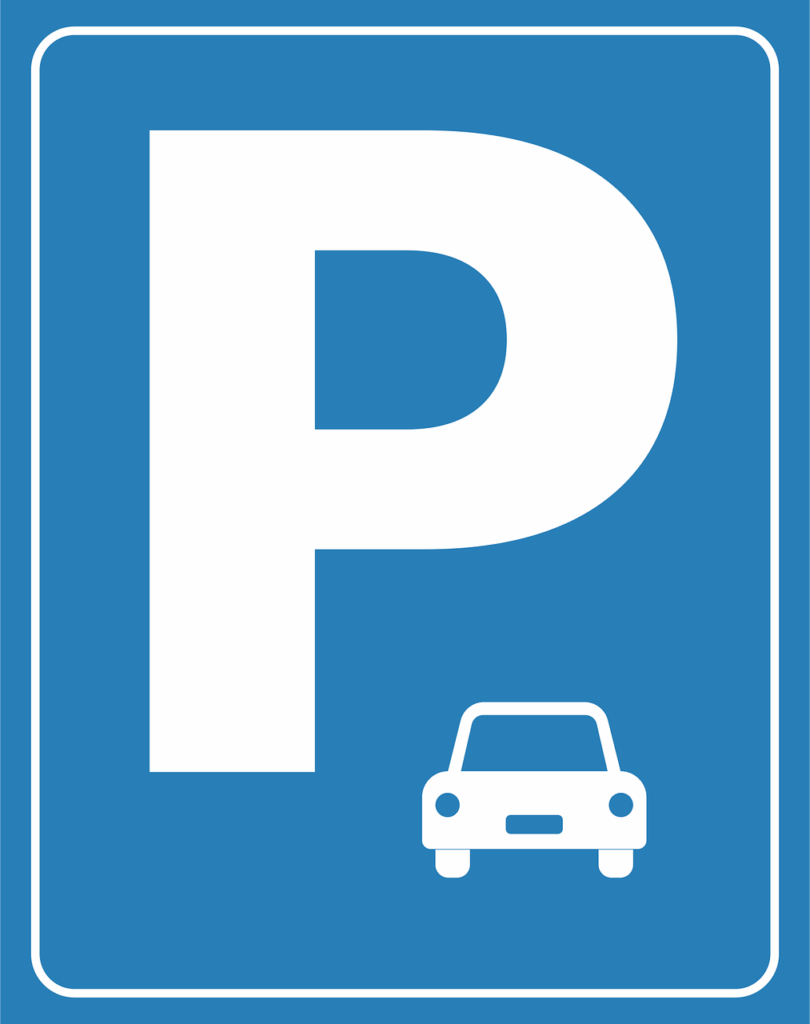
3. **Parking Predicaments: The Unspoken Rules of Parking**Parking – oh, the joys (and sometimes utter frustrations) of it in an apartment complex! When spaces are limited or, even trickier, specifically assigned, it can become a surprisingly common source of tension. Respecting your neighbors in the parking lot isn’t just about avoiding a passive-aggressive note on your windshield; it’s a fundamental part of considerate apartment living. It’s about ensuring everyone has fair access and isn’t inconvenienced by a thoughtless park job.
The cardinal rule: always park in your designated spot and for goodness sake, don’t take up extra space. We’ve all seen that car straddling two lines, or that one that’s just a *little* too close to the next vehicle. It creates headaches for everyone else trying to squeeze in or out. Avoid parking in a way that blocks entrances, driveways, or other cars – it’s not only incredibly inconvenient but can also be a safety hazard in emergencies.
And what about guests? This is where things can get a bit sticky. If your friends or family are visiting, make sure they understand the parking rules. Direct them to visitor spots if available, and if required, pre-book those visitor parking stalls. This proactive step can prevent a lot of potential disrespect and frustration among your neighbors who rely on those spaces. A little planning goes a long way in avoiding parking-related skirmishes.
Seriously, small efforts like these might seem minor, but they can prevent a significant amount of tension and annoyance. A well-managed parking area contributes to the overall peace and efficiency of the complex, showing that you’re a neighbor who respects shared resources and understands the collective good. No one wants to start their day with a parking battle.
So, are you parking in your designated spot and not hogging extra space? Are you avoiding blocking entrances or other cars? And do you ensure your guests use visitor parking appropriately, pre-booking when needed? These parking manners are crucial for a smooth-running, harmonious community.
4. **The Silent Treatment: Avoiding Open Communication**Ever had an issue with a neighbor but kept it bottled up, hoping it would just magically disappear? Or maybe you went straight to management without even a polite word to the person involved? This avoidance, or what we’re calling “the silent treatment” in its various forms, is a major apartment no-no. Good relationships, even neighborly ones, flourish on good communication, and neglecting this can turn minor irritations into full-blown conflicts.
If you have a concern or an issue with your neighbors – maybe their super loud music *is* keeping you up, or their kids *are* bothering your dog – your first port of call should always be a polite and constructive discussion. Having an in-person conversation can feel intimidating, especially if you’re bringing up something potentially uncomfortable. However, addressing things face-to-face, calmly and respectfully, is almost always the best initial approach.
Think about it: a kind request about a loud TV will usually solve the problem much more effectively than immediately involving management. It shows respect, gives your neighbor a chance to understand and correct the behavior, and prevents unnecessary escalation. Most problems neighbors have in close communities can be solved easily by just talking it out. It helps prevent conflicts from reaching a boiling point and can actually strengthen the community bonds.
Moreover, if you’re the one planning something noisy, like a party or moving furniture, giving your neighbors a heads-up is a stellar move. This simple act of consideration can shift their perspective from annoyance to understanding. It’s about being proactive and considerate, fostering a cooperative and understanding community where people feel comfortable addressing issues directly and kindly.
So, do you address concerns directly and politely with your neighbors? Do you give them a heads-up if you’re planning something noisy? And do you approach conflicts calmly and respectfully, seeking a mutually agreeable solution before escalating? Open communication is the lubricant that keeps the gears of apartment living turning smoothly.

5. **Pooch Problems: Overlooking Pet Etiquette**Pets are family, absolutely! And they can be a wonderful addition to any household. But let’s face it, when you’re sharing walls and communal spaces in an apartment setting, our furry friends require a little extra care and consideration. Overlooking proper pet etiquette can quickly turn your beloved companion into a source of significant annoyance for your neighbors, leading to complaints and strained relationships. Nobody wants that!
One of the absolute biggest pet peeves (pun intended!) for non-pet owners, and even many pet owners, is uncleaned pet waste. Leaving dog poop in public spaces or, even worse, in someone else’s yard, is just plain disrespectful. It’s not just inconsiderate; it’s disgusting, unhygienic, and can spread diseases or harm plants. Good neighbors know it’s their duty as pet owners to clean up after their pets immediately, both inside and outside the building. Always carry those bags!
Then there’s the noise factor. A perpetually barking dog can be a major source of disturbance, especially during quiet hours. If your pet tends to bark or meow frequently, investing time in training is crucial. If the issue persists, consider consulting a professional trainer or even exploring soundproofing options for your space. Keeping your pets quiet demonstrates respect for your neighbors’ peace and quiet, contributing to a harmonious environment for everyone.
Finally, let’s talk about common areas. Always, and we mean *always*, use leashes in common areas like hallways and outdoor spaces. Not everyone is comfortable around animals, and an uninvited approach from even the friendliest pet can be unsettling. Ensuring your pet doesn’t approach neighbors uninvited and is well-behaved around others helps create a pet-friendly *and* respectful environment. Your pet’s charm shouldn’t come at the expense of someone else’s comfort.
So, do you clean up after your pets immediately? Do you keep them quiet, especially if they bark excessively, and invest in training if needed? And do you always use leashes in common areas, ensuring your pet doesn’t approach others uninvited? These pet etiquette pointers are vital for a happy coexistence between pet owners and their neighbors.
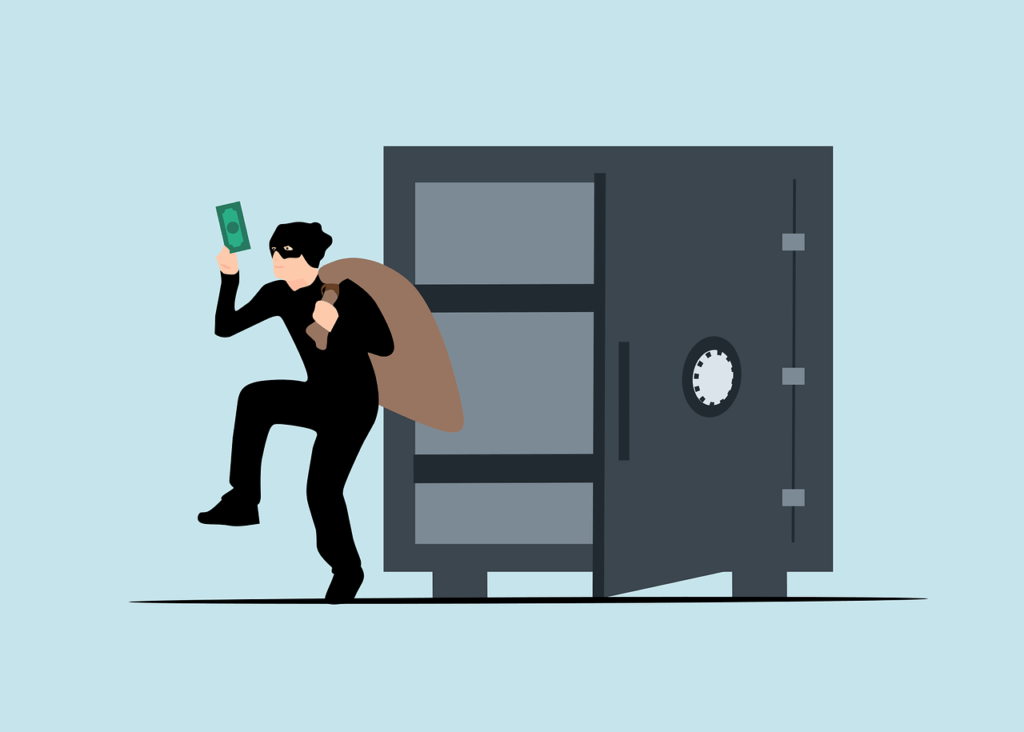
6. **The Boundary Breaker: Invading Privacy and Personal Space**Even in the cozy confines of apartment living, respecting your neighbors’ privacy and personal space is absolutely fundamental. While it’s wonderful to be friendly and build community, it’s equally important to recognize when someone might not be in the mood for a chat or doesn’t appreciate intrusive behavior. Think of it as an invisible fence: it’s there to maintain healthy boundaries and prevent awkwardness or resentment.
A simple smile or a wave in passing is often more than enough. Avoid lingering too long, asking overly personal or intrusive questions, or making assumptions about what’s going on in their lives unless they explicitly invite conversation. As community living expert Sarah Thompson suggests, “Creating a friendly atmosphere starts with respecting boundaries. Acknowledge your neighbors’ need for privacy, and you’ll build trust and goodwill.” Don’t be “super nosy about what they’re doing or what’s going on in their lives.”
This boundary-respect extends to our visual habits too. While it’s great to be aware of your surroundings, peeking into windows or eavesdropping on conversations from your balcony or through thin walls is a definite no-no. This kind of behavior is not only disrespectful but can also make your neighbors feel uncomfortable and constantly watched, eroding any trust or friendly atmosphere you might be trying to build. Keep your personal business private and avoid nosy behavior.
When it comes to shared walls, be mindful of your activities that might indirectly intrude. If you have a balcony or patio, consider what you display. Avoid hanging items that might be unsightly or offensive to others, as this is a public-facing extension of your home. This simple act of visual respect can go a long way in maintaining peaceful coexistence and ensuring everyone feels comfortable and valued in their own space.
So, are you aware of your neighbors’ privacy and personal space, avoiding intrusive questions or lingering? Do you keep your personal business private and avoid nosy behavior like peeking into windows? And are you considerate about what you display on your balcony, keeping shared areas visually appealing? Respecting these boundaries is key to fostering positive, trusting relationships.

7. **Trash Troubles: Mismanaging Waste and Recycling**Let’s be honest: nobody enjoys dealing with trash, but it’s an unavoidable part of everyday life. However, how we handle our waste in an apartment setting can significantly impact the cleanliness, smell, and overall appeal of our shared living environment. Mismanaging trash and recycling isn’t just an inconvenience; it can be a health hazard, attract pests, and quickly turn a pleasant hallway into an unpleasant gauntlet. It’s a definite no-no that signals a lack of consideration for the entire community.
First things first, familiarize yourself with your building’s specific trash and recycling guidelines. Are there designated bins for different materials? Are there specific collection days or times? Knowing and following these rules is paramount. Improperly sorted waste can lead to fines for the building, or worse, entire loads being rejected, which ultimately affects everyone. Don’t be the neighbor who throws their pizza box in the recycling when it clearly goes in the general waste.
Leaving trash or bulky items in common areas, hallways, or outside your apartment door is another major faux pas. This isn’t just unsightly; it can create unpleasant odors, block pathways, and attract unwanted pests like rodents and insects. Promptly disposing of your waste in the correct receptacles and not leaving it to fester is a basic but incredibly important aspect of apartment etiquette. Remember, a clean common area is a comfortable common area for all.
Even beyond the main trash area, consider your own front door space and publicly viewable balcony areas. Keep these tidy and free of clutter and debris. If you have plants or bird feeders, make sure their related detritus isn’t spilling down on the neighbors below. This attention to detail contributes to a clean, comfortable presence throughout the community, showing that you take pride in your living environment and respect the aesthetic preferences of your neighbors.
So, do you familiarize yourself with your building’s trash and recycling rules and follow them diligently? Do you avoid leaving trash or bulky items in common areas or hallways? And do you keep your front door space and balcony tidy and free of debris that could impact others? Proper waste management is a simple yet powerful way to contribute to a cleaner, healthier, and more harmonious apartment community.
Alright, so you’ve aced the basics of apartment etiquette – congratulations, you’re already well on your way to becoming a superstar neighbor! But hold on, the journey to ultimate neighborly appreciation isn’t quite over. Just like a secret level in your favorite game, there are a few more nuanced “no-nos” and community-building gems that can truly elevate your status from ‘good neighbor’ to ‘the neighbor everyone wishes they had.’ These aren’t always glaring issues, but they’re the subtle acts of consideration and engagement that make all the difference in a bustling apartment community. Let’s dive into these often-overlooked aspects and discover how to shine even brighter!

8. **The Unseen Problem: Neglecting Maintenance Requests**Ever heard the saying, ‘a stitch in time saves nine’? Well, in apartment living, this rings especially true for maintenance issues. It’s super easy to put off reporting that leaky faucet or that flickering hallway light, thinking it’s just a minor annoyance that only affects you. But here’s the thing: ignoring those little problems can snowball into something much bigger, affecting not just your peace of mind but potentially your neighbors and the entire building’s well-being. That slow drip could become a major leak, impacting the ceiling of the unit below you – yikes!
Seriously, property managers are there for a reason. As the experts at BuzzFeed’s “The Dos and Don’ts of Apartment Etiquette” advise, you should “Report any maintenance issues to your property manager promptly.” Neglecting to flag a problem, whether it’s a busted appliance in your unit or a shared amenity that’s seen better days, isn’t just an inconvenience; it can lead to “more significant issues down the line.” Your proactive approach isn’t just about your comfort; it’s a silent guardian for the entire community, ensuring things remain functional and safe.
Think about it this way: a broken washing machine in the laundry room isn’t just an issue for you; it’s an issue for every single resident who relies on that facility. Similarly, a wobbly handrail in the stairwell might seem minor, but it’s a safety hazard waiting to happen. By reporting these promptly, you’re not being a bother; you’re being a community hero, ensuring that shared spaces remain functional and safe for everyone. Your diligence helps keep the whole apartment community running smoothly and safely.
9. **The Rule Breaker: Ignoring Community Guidelines and Unauthorized Alterations**Every apartment complex, much like any good team, has a set of rules – unspoken or otherwise. These guidelines are designed to keep the peace, ensure fairness, and protect everyone’s living experience. But sometimes, people decide to play by their own rulebook, whether it’s making unauthorized changes to their apartment or simply flouting established community standards. And let’s be real, this can be a massive source of frustration and conflict among residents, turning harmonious living into a headache.
Let’s talk about those ‘personal touches.’ While it’s awesome to personalize your space, before you pick up that paintbrush or start drilling holes for a new shelf, a quick chat with your property manager is crucial. As the “Don’t Alter Your Apartment Without Permission” guideline states, you must “seek permission from your property manager” because “Unauthorized alterations can result in fines or lease violations.” This isn’t just about avoiding a landlord’s wrath; it’s about respecting the property and the collective standards of the community.
Beyond structural changes, there are those everyday ‘neighborhood rules’ that keep things tidy and respectful. These often include things like where to store your garbage cans, guidelines for holiday decorations, or even noise curfews for certain amenities. “Many conflicts between neighbors begin with disagreements over rules and whether someone is following them or not.” Doing your best to stick to these standards – like “taking down holiday decorations by the end of January” or “keeping your garbage cans out of sight” – shows you’re a team player and value the aesthetic and comfort of your shared environment.

10. **The Keyboard Warrior: Engaging in Social Media Squabbles**In our super-connected world, neighborhood apps and social media groups have become the new ‘backyard fence’ for sharing information and, unfortunately, sometimes for airing grievances. While these platforms can be fantastic for building community, they can also become hotbeds for drama if not handled with a little finesse. Becoming a “keyboard warrior” who uses these groups to vent about every little annoyance might feel satisfying in the moment, but it rarely solves problems and often just paints you as a chronic complainer.
As the experts wisely caution, “Avoid social media arguments with neighbors.” It’s tempting to jump into an online debate about overflowing bins or perceived parking injustices, but these digital skirmishes often generate more heat than light. Instead of fostering understanding, they can deepen divides and create lingering resentment that spills over into real-life interactions. If a true issue arises, the advice is clear: “You should call the cops if you face a bigger issue,” rather than engaging in a public spat.
The real magic of neighborhood groups lies in their potential to “promote community and camaraderie.” To truly be a community builder online, the key is to “make sure your posts and comments are positive and productive.” Think about sharing useful local info, offering a helping hand, or even organizing a fun gathering. These positive contributions help to lift everyone up, making the digital space a reflection of the friendly, supportive community you want to live in.
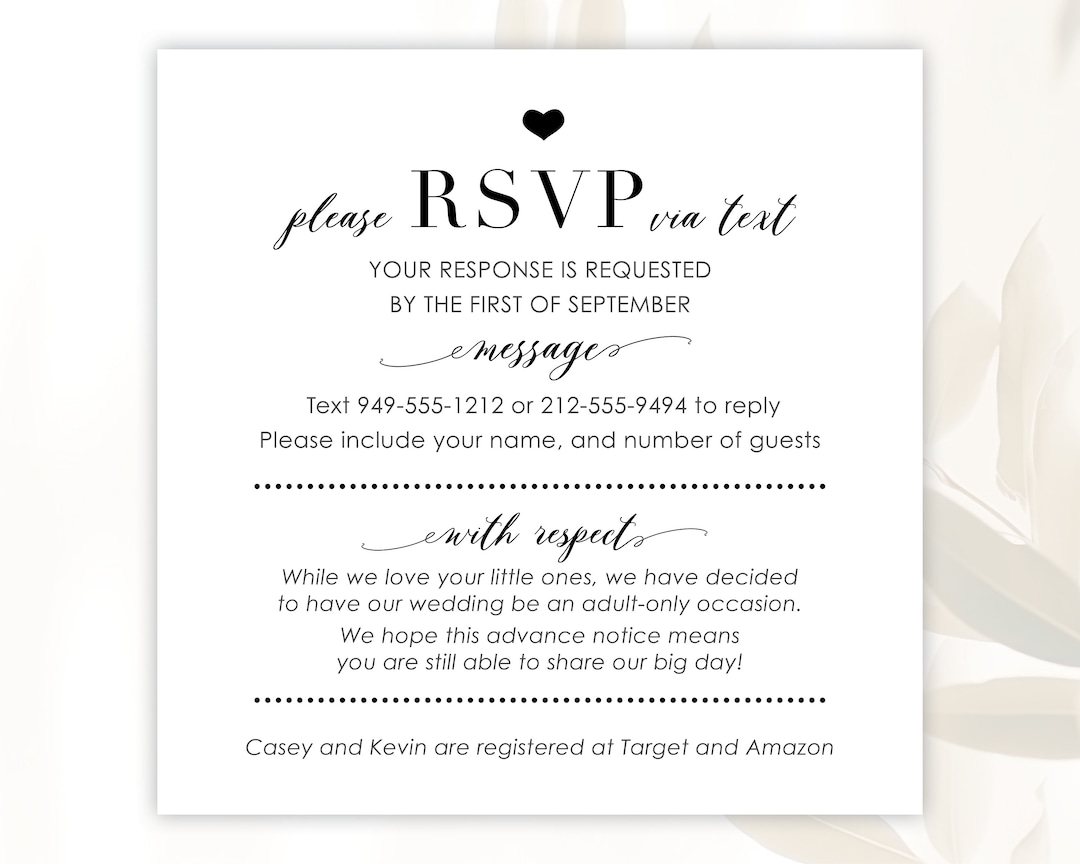
11. **The RSVP Reluctance: Ignoring Invitations and Community Events**Picture this: your neighbor thoughtfully invites you to their summer BBQ, a fun game night, or a community potluck. What’s your first move? If it’s to delay your response, wait to see who else is coming, or worse, not respond at all, then it’s time for a friendly nudge! This “RSVP reluctance” or general lack of engagement in neighborly invitations can be a real buzzkill for hosts and can inadvertently make you seem aloof or uninterested in community building.
Being a good guest starts with being a good responder. As the guide on neighborly etiquette emphasizes, “If your neighbor is nice enough to invite you to their picnic, birthday party… you should be kind enough to respond quickly.” A quick ‘yes’ or ‘no’ allows the host to plan effectively and shows them that you value their effort and consideration. It’s a small courtesy that makes a big impact, preventing stress for the hosts and fostering genuine connection.
Beyond individual invitations, apartment complexes often host “community events organized by your apartment management.” These are fantastic opportunities to meet fellow residents, socialize, and really build a sense of belonging. Whether it’s a holiday celebration, a movie night, or a simple coffee hour, “engaging in these activities can help you form lasting friendships” and weave you into the fabric of your community.
12. **The Unsecured Home: Neglecting Safety Precautions**When you live in an apartment building, security isn’t just about your personal unit; it’s a collective effort that impacts everyone’s peace of mind. Neglecting basic safety precautions, like leaving your front door ajar or allowing strangers into the building without verifying their identity, isn’t just a risk to you – it’s a risk to every single resident. As the “Don’t Neglect Safety Precautions” tip states, you should “Always lock your apartment door and secure the main entrance to the building to maintain security for all residents.” Your vigilance is a shared shield for the whole community.
It’s a tempting thought to just quickly pop out and leave your door unlocked, or to wave someone through the main entrance who looks like they belong. But remember, “Be cautious about who you let into the building.” This isn’t about being suspicious of everyone; it’s about being smart and protecting your shared living space from potential security breaches. Every resident plays a role in maintaining a secure environment, and your awareness can deter unwanted incidents.
Beyond individual actions, there’s power in collective safety planning. The world can be unpredictable, and in an emergency, “your neighbors will be the first people you turn to for help.” This is precisely why “creating a safety plan with them is so important.” Whether it’s sharing emergency contacts or just knowing who might need a little extra help in a crisis, a proactive approach to neighborhood safety builds invaluable bonds and ensures that “neighbors who know each other are more likely to look out for one another.”
13. **The Missed Opportunity: Failing to Offer Help or Build Connections**Ever spotted an elderly neighbor struggling with heavy groceries, or noticed someone new moving in, looking a little overwhelmed? These are prime moments to shift from a passive observer to an active community builder! “Offer help instead of judging your neighbors” is not just good advice; it’s the bedrock of a truly supportive apartment community. Instead of silently critiquing a messy yard or a forgotten trash can, reaching out with a genuine offer of help can transform a potential annoyance into a blossoming connection.
Small gestures can go an incredibly long way. The context provides some fantastic examples from Boardwalk residents: “Offer to help out with simple tasks, like carrying groceries, holding the elevator, or lending tools.” Or, if you see a new face, “If a neighbor is moving in, offer to help with boxes or share recommendations about the area.” These aren’t grand heroic acts; they’re everyday kindnesses that build trust and signal that you’re an approachable and caring member of the community.
Building connections also involves checking in and sharing a little. “Get to know your neighbors well enough to offer support if needed.” A simple “knock on the door to see if they’re okay during a power outage or offering to collect packages while they’re away can mean a lot.” These acts of generosity are relationship gold, turning casual acquaintances into true neighbors.
14. **The Impolite Exchange: Forgetting Basic Manners and Names**Okay, let’s wrap up our journey to neighborly nirvana with something truly fundamental: basic good manners and the simple, yet profound, act of remembering names. In our fast-paced lives, it’s easy to zip past people with a quick glance or to rely on vague greetings. But truly being an ultimate neighbor means slowing down, looking people in the eye, and showing that you recognize and respect them, starting with their name and a dose of everyday politeness.
It might sound old-fashioned, but “Good neighbors take the time to learn each other’s names and a few details – like how long they’ve lived in the area, where they work, or if they have kids or pets.” This isn’t about being nosy (we covered that in Section 1!); it’s about showing genuine interest and making people feel seen and valued. Knowing someone’s name instantly makes an interaction more personal and memorable, strengthening that thread of connection that holds a community together. It’s a simple act that makes a huge impact.
And then there are the “magic words.” We often reserve our ‘please’ and ‘thank yous’ for strangers or formal interactions, but as the “Dos and Don’ts of Apartment Etiquette” remind us, “you should always be polite” with your neighbors. “This means saying ‘please,’ ‘thank you,’ ‘excuse me,’ and other polite phrases.” Whether you’re asking them to hold the elevator, thanking them for a package, or excusing yourself in a crowded hallway, these small linguistic courtesies demonstrate respect and goodwill.
So there you have it, fellow apartment dwellers! From being on top of maintenance to mastering the art of the online community, and from offering a helping hand to simply remembering a name and saying ‘please,’ these insights are your secret weapons in becoming the ultimate neighbor. Apartment living truly thrives when we all pitch in, not just to avoid conflicts, but to actively build a supportive, friendly, and respectful community. By embracing these overlooked etiquette blunders and becoming a proactive community builder, you’re not just living in an apartment – you’re creating a home, not just for yourself, but for everyone around you. Let’s go out there and make our apartment communities the best places to live, one thoughtful action at a time!




